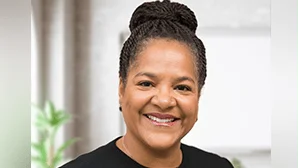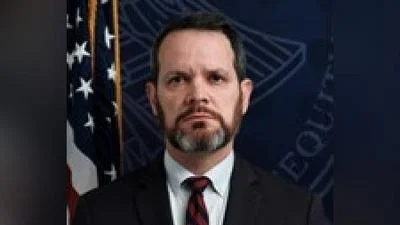Attorney General Dana Nessel | Attorney General Dana Nessel Official Website
Attorney General Dana Nessel | Attorney General Dana Nessel Official Website
LANSING – Michigan Attorney General Dana Nessel is joining a bi-partisan coalition of State Attorneys General calling on the Federal Communications Commission to clarify the federal rules requiring telemarketers to obtain consent between an individual consumer and one specific seller or business entity before making telemarketing robocalls and texts.
The comment letter was filed on June 6 in response to an FCC notice of proposed rulemaking. In the notice, the FCC sought comment on a proposed amendment to its rule concerning prior express written consent under the Telephone Consumer Protection Act (TCPA), as well as proposals to strengthen protections against illegal text messages.
“Consumers deserve to have a way to opt out of receiving intrusive robocalls and text messages from businesses that have purchased their contact information,” Nessel said. “One entity can sell an individual’s number to numerous businesses, resulting in thousands of calls and texts, some of which may be illegal and deceptive. I gladly stand with my colleagues in asking the FCC to protect the privacy of cell phone users for robocalls and this new telemarketing landscape of robotexts.”
The Attorneys General, in their letter, support the FCC’s proposal to formally clarify that National Do Not Call Registry protections also apply to text messages.
The FCC is proposing to amend its rule concerning consent to close a so-called “lead generator loophole.” As stated in the letter, lead generators are entities that collect personal information (like telephone numbers) from consumers and sell it to third parties, who then use that information to solicit consumers to purchase goods or services.
A common lead generation practice is to offer to give the consumer a quote for a good or service online (like insurance products), and in order to receive the quote, the consumer has to agree to receive calls and/or texts from the lead generator’s marketing partners, which often include thousands of different businesses offering numerous different goods or services. If these separate businesses are identified anywhere, it is usually on a separate webpage only accessible via a hyperlink.
The FCC’s proposed amendment adds language to the existing rule to allow a consumer to consent to robocalls and texts from multiple entities, provided the entities are “logically and topically associated” and are all listed on the webpage where the consumer provides consent.
The Attorneys General contend in their letter that the FCC’s proposed action could create more ambiguity and that clarification of existing single seller-to-individual consumer language would be more effective.
Joining in the letter are Attorneys General from Alabama, Alaska, Arizona, California, Colorado, Connecticut, Washington D.C., Illinois, Maine, Maryland, Massachusetts, Minnesota, Mississippi, New Jersey, North Carolina, North Dakota, Ohio, Oklahoma, Oregon, Pennsylvania, South Carolina, Tennessee, Vermont, Virginia, Washington, Wisconsin, and Wyoming.
A copy of the letter can be found here.
Original source can be found here




 Alerts Sign-up
Alerts Sign-up